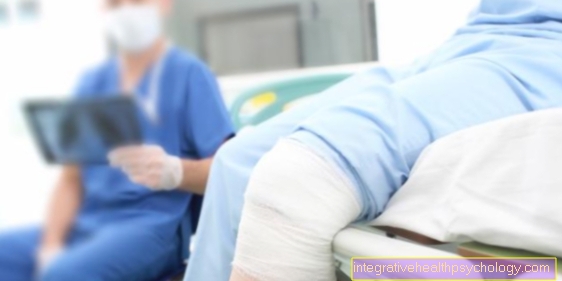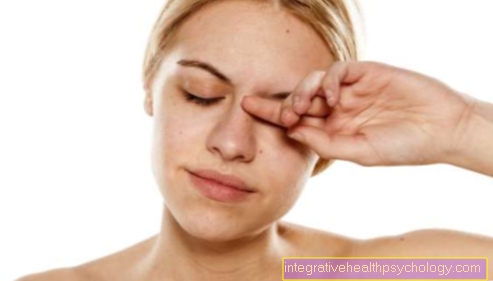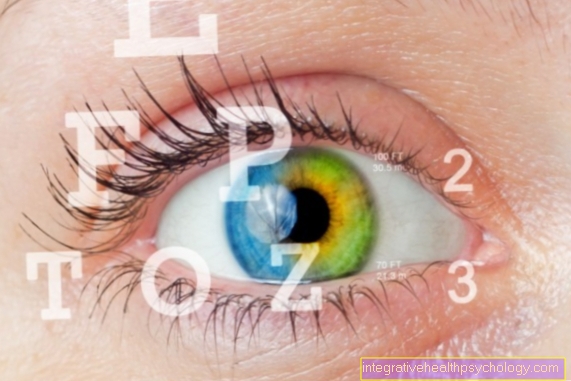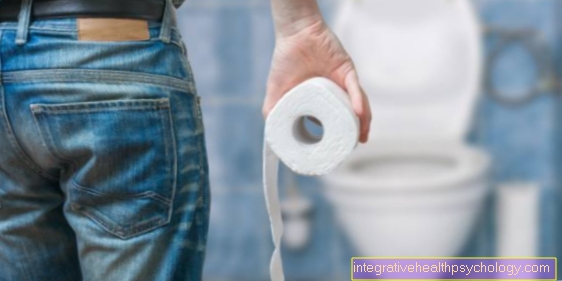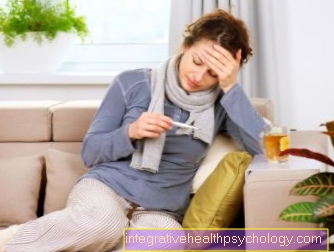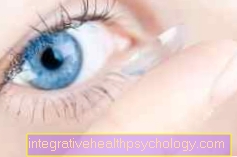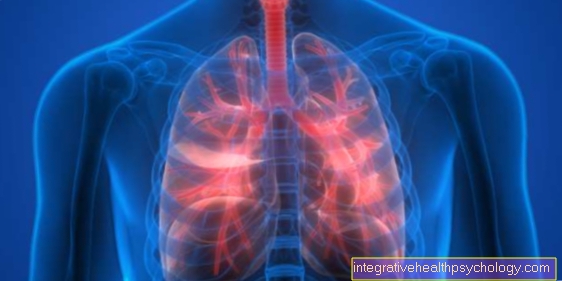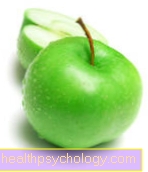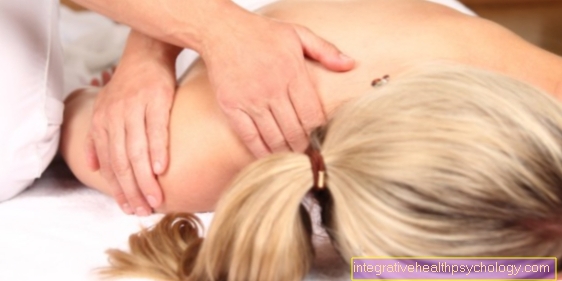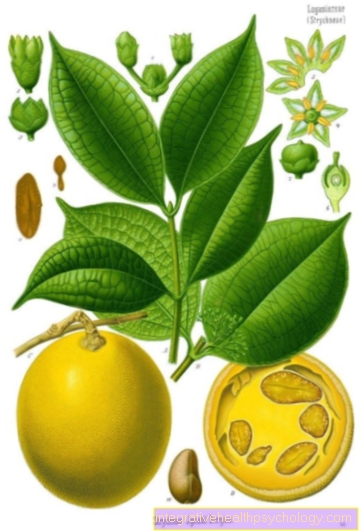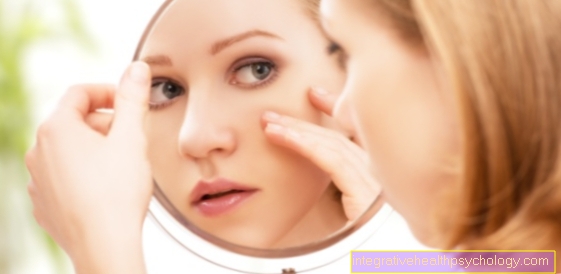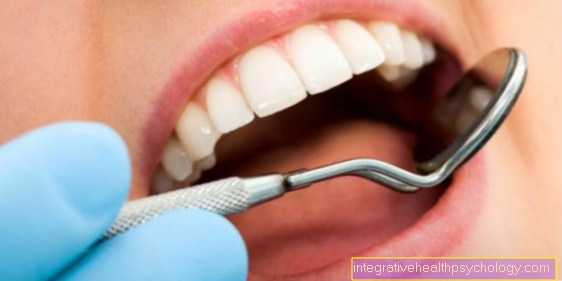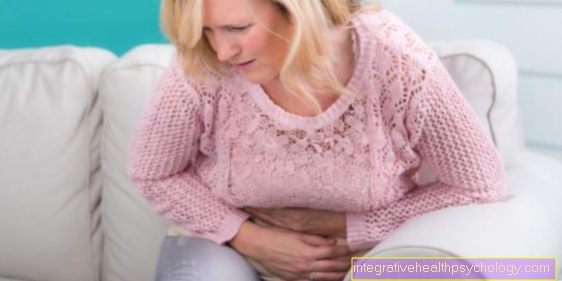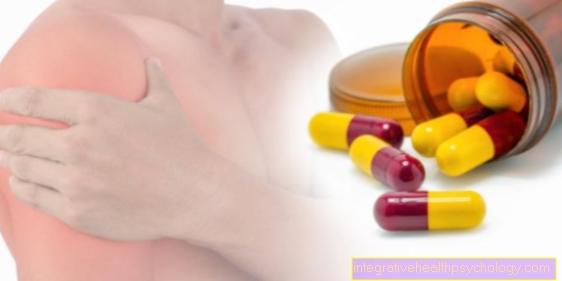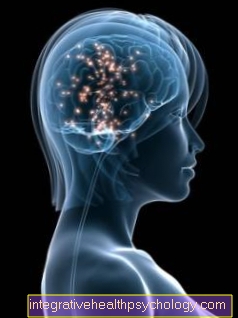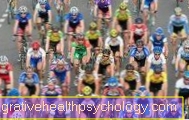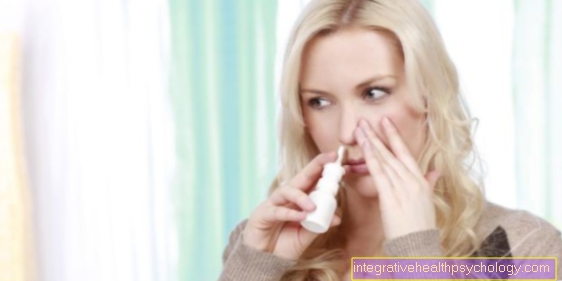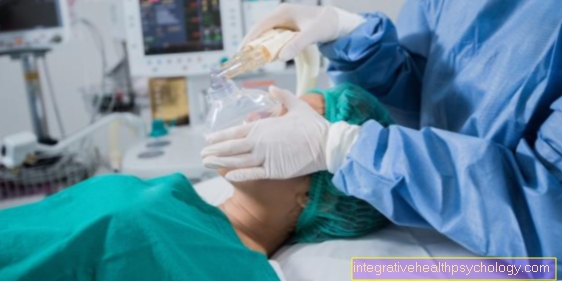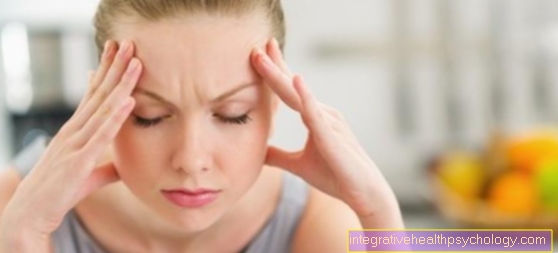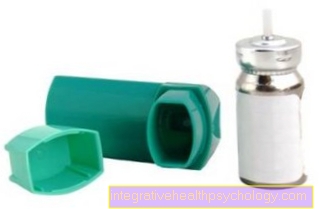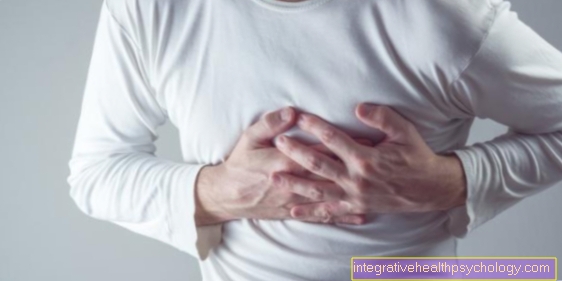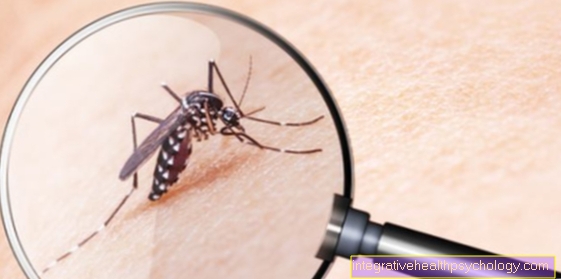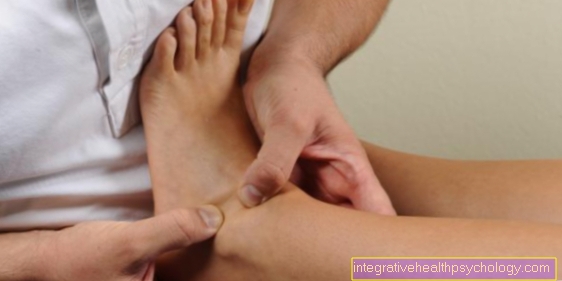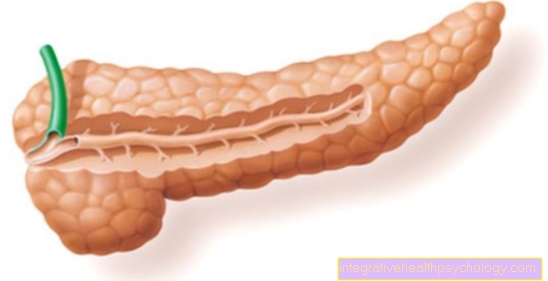Medication for menopause
Menopause
Menopause is not a disease but a natural change in the body on a hormonal level. Nevertheless, they can sometimes trigger severe and agonizing symptoms, which then sometimes have to be treated with medication.
Read more on the subject at: Menopause symptoms

There are numerous herbal and hormonal drugs that are prescribed and used. These medications are usually prescribed by the gynecologist if the menopausal symptoms affect women and the general practitioner or endocrinologist if the symptoms affect men. Menopause occurs individually, usually after the age of 50. Hormonal replacement therapy is a very common treatment and is covered by statutory health insurance. Herbal medicinal procedures are mostly personal contributions.
What drug groups are there?
There are essentially four groups of medications that are used for menopausal symptoms:
- Hormone replacement therapy
- Plant-based hormones
- purely herbal medicines, the so-called phytotherapy
- homeopathy (Also read: Homeopathy in Menopause)
Hormones are the substances that are actually to blame at the beginning of menopause and that also lead to the symptoms. The symptoms of the onset of menopause that are often expressed include sweating, mood swings, malaise, rapid heartbeat, weight fluctuations, loss of libido, sleep disorders, bladder weakness, etc.During the hormonal change, the body cuts back the production of various hormones, with the result that there is a strong imbalance between the individual hormones. Hormone replacement therapy tries to compensate for this difference and to make the natural decrease in hormone production as mild as possible.
The herbal therapy approach is more of a symptomatic treatment. By taking certain herbal substances, symptoms such as palpitations and sweating are relieved. The treatment is therefore not carried out by compensating for the hormonal imbalance.
The homeopathic approach has not been scientifically clarified from a medical and scientific point of view, as homeopathic medicines cannot be detected due to their strong dilution in the body, although a positive effect is often described.
Which drugs for menopause do not make weight gain?
One of the most common and mostly unwanted symptoms of hormone replacement therapy is weight gain. In particular, the estrogens, which are mostly included in hormone therapy, cause an average weight gain of 1-2 kg and more. Conversely, adipose tissue produces more estrogen, which means that overweight women suffer from an estrogen deficiency later than thin women. The weight gain is mostly due to increased water retention. As a positive side effect, hormones ensure that there is a redistribution of fat, which counteracts the age-related, disruptive weight gain in the abdomen and buttocks.
While the estrogen mostly leads to weight gain, However, androgens (like progesterone) promote fat losswhich in turn leads to weight loss. Progesterone promotes fat loss on the stomach and helps with drainage. Progesterone is the hormonal preparation most frequently used during menopause. It is as Vaginal gel and also as Film-coated tablets as well as Gel for the skin to have. It is i.a. under the name of Progestogel, Utrogestan or Famenita available.
Those derived from plants Phytoestrogens have a similar effect as the estrogens. The effect is somewhat weaker, however, and patients complain of weight gain much less often after taking it. The same goes for the plants Red clover, soy and yamwhich have a weaker therapeutic effect on menopausal symptoms, but do not cause any weight gain.
Hot flush medication
Drugs specifically used against hot flashes in menopause are next to the Estrogens also herbal supplements such as soy, St. John's wort, sage, red clover, monk's pepper and black cohosh. Homeopathic drugs that are used against menopausal hot flashes are Salvia officinalis or Aconite Globuli, Bella Donna or Potassium iodate. Sage tea or sage lozenges can also help to relieve sweat production.
Treatment of menopausal symptoms in men
Men also go through menopause and also have corresponding symptoms, which, however, differ greatly in type and extent from those of women. While the proportion of women who have to be treated with medication for menopausal symptoms is around 25%, it is only almost 2-3% of men who seek medical help due to menopausal symptoms. Nevertheless, the symptoms in men can become so severe that it is no longer possible without medication.
Men also suffer from mood swings or profuse sweating, insomnia or urination disorders, and erectile dysfunction. The main symptoms in men during menopause are caused by an age-related decrease in testosterone production. Approx. 10% of men suffer from a symptomatic decrease in testosterone, which can be determined by a blood count. Treatment for men with menopausal symptoms is testosterone intake. The following drugs are used for symptomatic testosterone deficiency: Andriol capsules, Androtop gel, Axiron gel for the skin and Nebido injection solution. At the plant level, astaxantin, which belongs to the group of carotenoids and is produced from algae or plankton, is used above all. The extract of the saw palmetto, which is mainly used in the presence of a benign prostate enlargement, can strengthen the effect of astaxantin and thus further improve the formation of testosterone.
Read more on the subject at: Hot flashes in men
Homeopathy for menopause
The effects of homeopathy are not known. Even so, there are many people who take homeopathic medicines and confirm the positive effects. There are also numerous homeopathic preparations that can be taken against menopausal symptoms for mild to moderate complaints can definitely recommend on a trial basis. With homeopathic preparations A distinction is made between individual homeopathy and complex homeopathy. Complex homeopathic preparations are mostly mixtures of different substances, which are taken together. The best choice of the right homeopathic medicine is made when you first look at which symptom leads to menopause. If heavy sweating the main problem is then followed by feeling cold one would Acisum sulfuricum to take. At profuse sweating, especially in the evening, would Sepia officinalis the best preparation with the strongest homeopathic effect. Doesn't sweat make you sleep and it occurs mainly at night, you would have to have a treatment Aurum metallicum carry out.
sleep disordersmenopause-related should also be classified more precisely before the right drug is found. Sleep disorders, which are mainly triggered by fears or worries, should be included Aconite In the event of insomnia despite severe fatigue, treatment can be attempted with Arnica to be undertaken.

